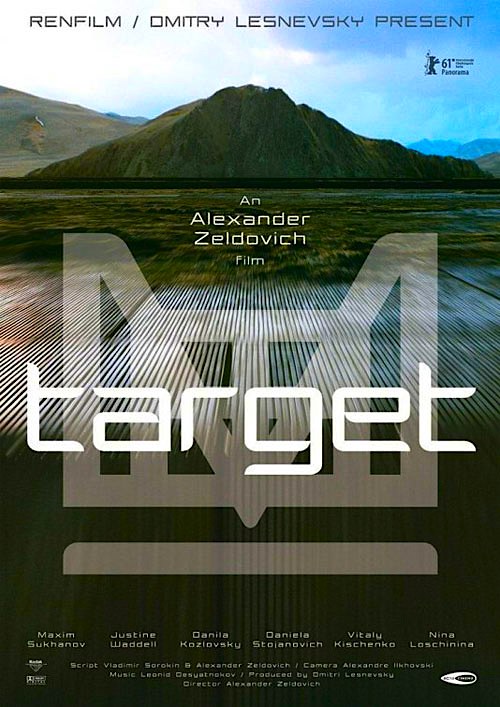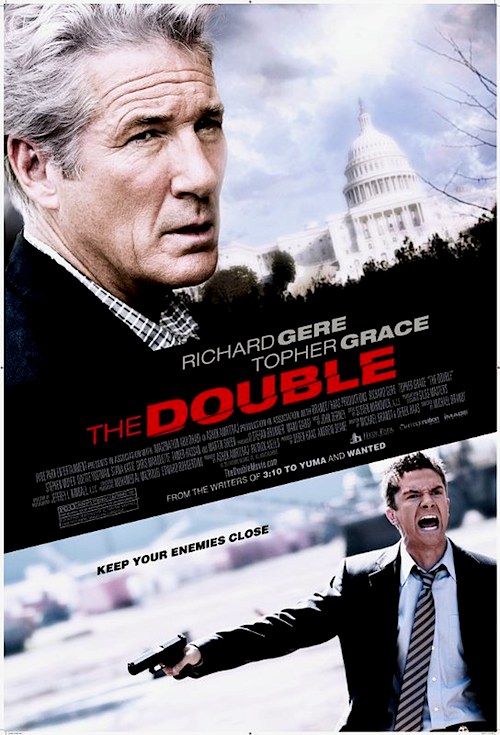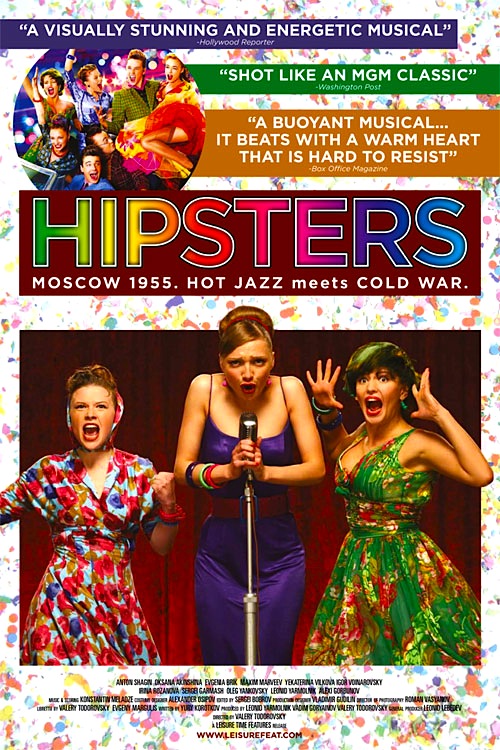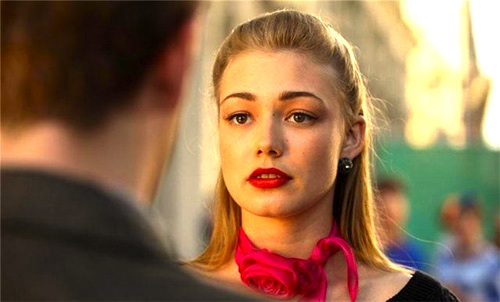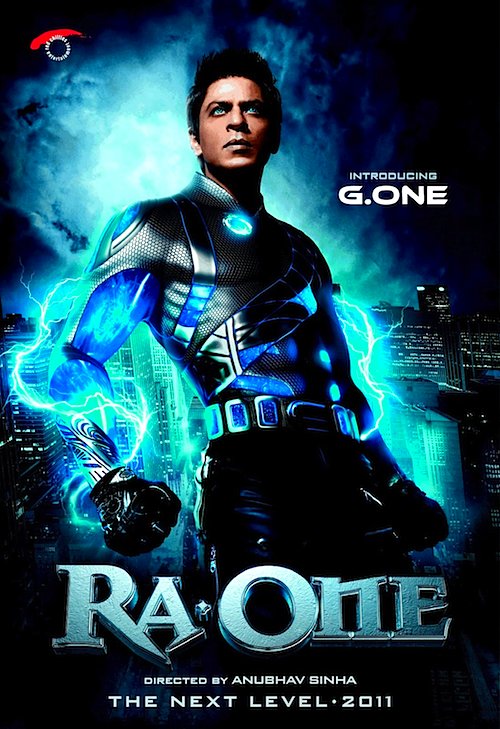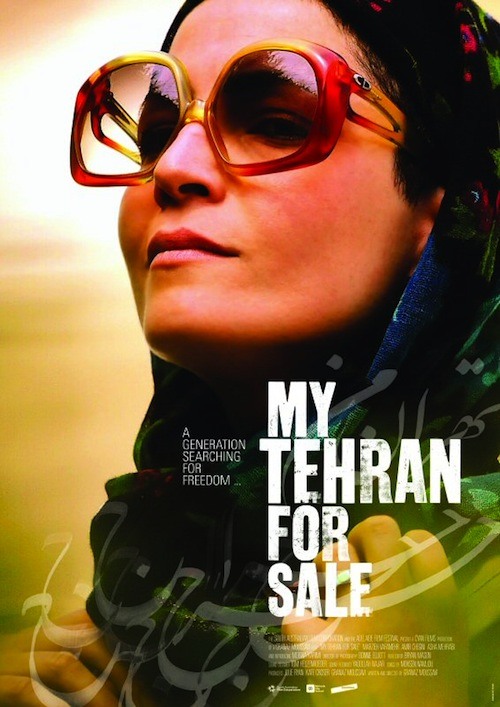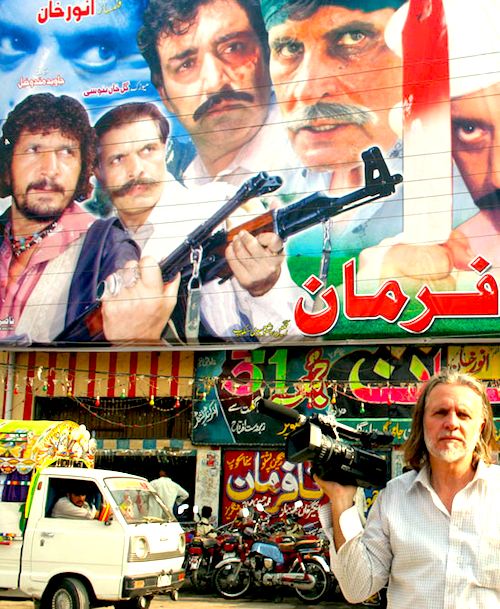
By Joe Bendel. Pashto cinema has an unlikely godfather: an Australian graphic artist and documentary filmmaker, who seems more at home in a war zone than walking the red carpet. To get inside the oppressed Pashto film industry, George Gittoes financed his own Pashto films. The results, as seen in The Miscreants of Taliwood, look rather awful, but they were just a start. Perhaps mindful of previous lost opportunities, Gittoes and an entirely Afghan cast and crew produced an interconnected trilogy of films that directly address issues of gender roles, religious intolerance, and political corruption. They are also love stories. A significant cultural accomplishment (if not necessarily high art), the Love City trilogy has its American premiere this weekend as part of the Anthology Film Archives’ Gittoes retrospective.
If (like myself) you have not seen the first film, also titled Love City, not to worry. Gittoes essentially shotguns the gist of it into the first five minutes of Talk Show. Basically, it is Romeo & Juliet with a happy ending. A young filmmaker falls in love with Jasmin, the daughter of a former mujahedin who happens to own Love City, a Jalalabad wedding hall, but he opposes their love match. Eventually true love wins out, but this is the exception rather than the rule in Afghanistan.
In the second film, Talk Show, the focus shifts to Jasmin’s older sister Asma, who is studying in Peshawar with her Afghan-American friend Ghuty. Unfortunately they are kidnapped by Taliban terrorists while returning home from the wedding. Enlisting the help of Karim, a reputedly mobbed-up restaurateur, her father orchestrates their rescue. Unfortunately Asma falls for Karim in the process, forgetting about cousin Ikram, who has long carried a torch for her. Of course, getting involved with the wrong sort of man is exponentially worse in Afghanistan. However, Asma is not without her own resources. As the host of a groundbreaking issue-oriented talk show, she has a forum to challenge the caddish and corrupt Karim. Continue reading Afghanistan in the Spotlight: LFM Reviews George Gittoes’ Love City Trilogy
